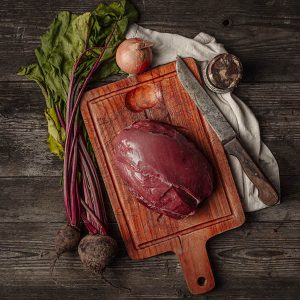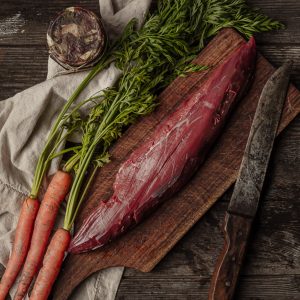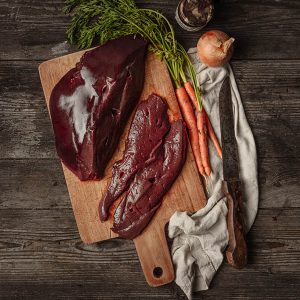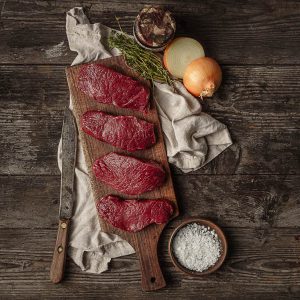Sex, Slippers and Monkeys – The Wonder of Orchids
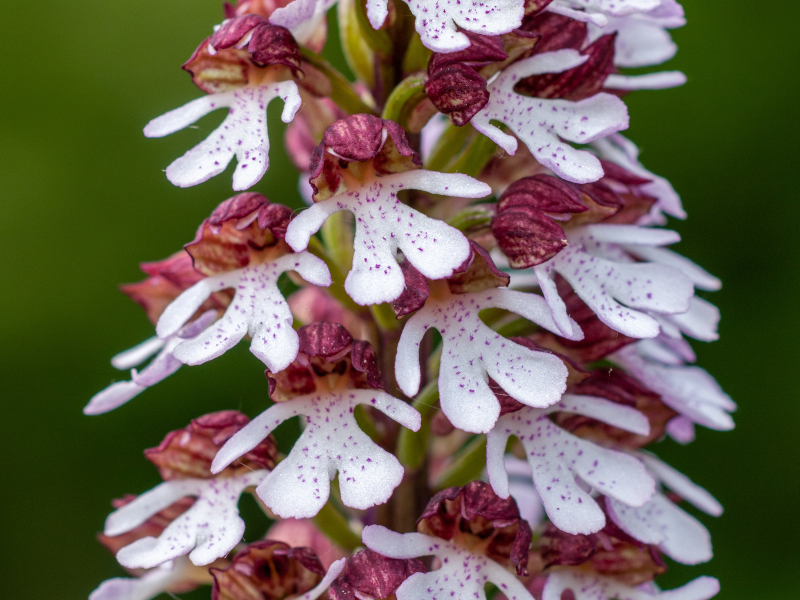
Sex, Slippers and Monkeys – The Wonder of Orchids
By Tim Martin, Farm Wilder Founder
Of all the flowering plants in Britain, the orchids are the most glamorous, the most revered, and often the rarest - these are the supermodels of Britain’s flora. And, whilst the flowers of our orchids are smaller than those you find in a rainforest, they are still strikingly beautiful, with their intricately shaped and infinitely variable little flowers. Finding them on Farm Wilder farms is always a highlight of my summer.
STRANGE SEX LIVES
Britain has 51 species of orchid, a tiny portion of the world total of 27,000 species, which makes them the most diverse family of all flowering plants. Part of their appeal is their weirdness, and particularly their sexual habits. Some do it the conventional flower way, using nectar and scent to attract pollinating insects: the Lesser Butterfly-orchid is particularly strong-smelling at dusk because it’s pollinated by moths. Other orchids do something altogether more bizarre: their flowers look and smell like specific female insects, so they can trick the males into mating with them, and in the process spread the orchid’s pollen. As you might expect, Bee Orchids use bees however, Fly Orchids attract digger wasps, and with Spider Orchids it’s solitary bees. So, whoever named them, long ago, was clearly more focused on the insects they thought the flowers resembled, rather than the critters that actually pollinate them.
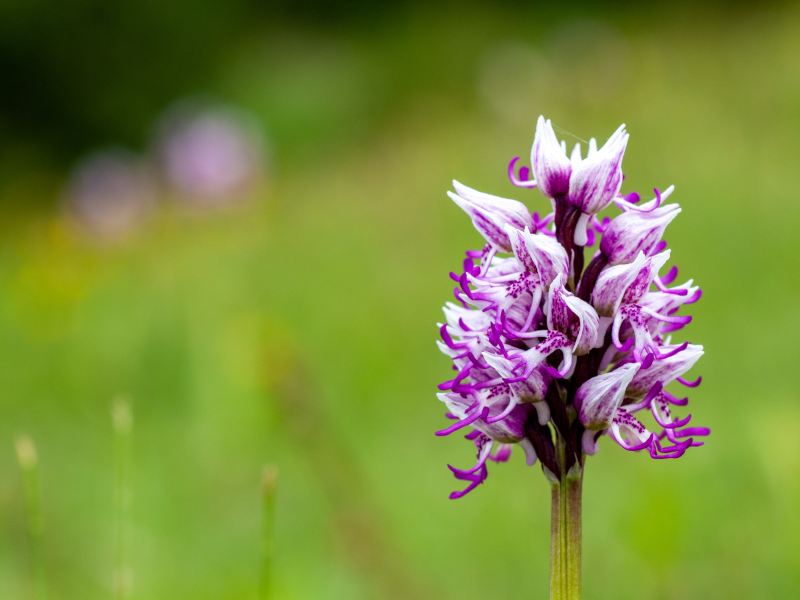
WHY ORCHIDS NEED FUNGI
Orchids are able to thrive in poor soils better than many other plants thanks to their unique relationship with fungi. All plants interact with soil fungi, exchanging nutrients and water, but orchids take it much further. Orchid seeds are like dust, so small that they don’t have any food reserves, so they can only germinate if they land on the right sort of soil fungus, which provides them with the energy they need to start to grow, and additional nutrients for the rest of their lives. This relationship gives orchids an edge over other plants in pastures where key minerals are in short supply. Scientists aren’t sure whether this is a symbiotic relationship, where both orchid and fungus benefit, or whether the orchids are actually parasitizing the fungi. The most extreme cases certainly look parasitic - two rare woodland species, the Ghost Orchid and Bird’s-nest Orchid, have neither leaves nor chlorophyll, so they aren’t green and can’t photosynthesize. All their food comes from the fungus, which means they can grow in the deepest and darkest of woods.
A DECLINING TREASURE
Orchids would once have been found all over the countryside. Most farms had hay meadows, and most of them would have contained orchids. But, the last 70 years hasn’t been kind to orchids, as it hasn’t for many of our wild flowers, especially those that live in grasslands. Even the once abundant Common Spotted, Heath and Marsh Orchids are now few and far between, as the old pastures they lived in have been ploughed, fertilized and sprayed, usually to be replaced by monocultures of rye grass or arable crops. Some species that were never common have become vanishingly rare - the Lady Orchid is only found on a handful of sites outside of Kent, and the Monkey Orchid now survives on just three sites in the whole of Britain.

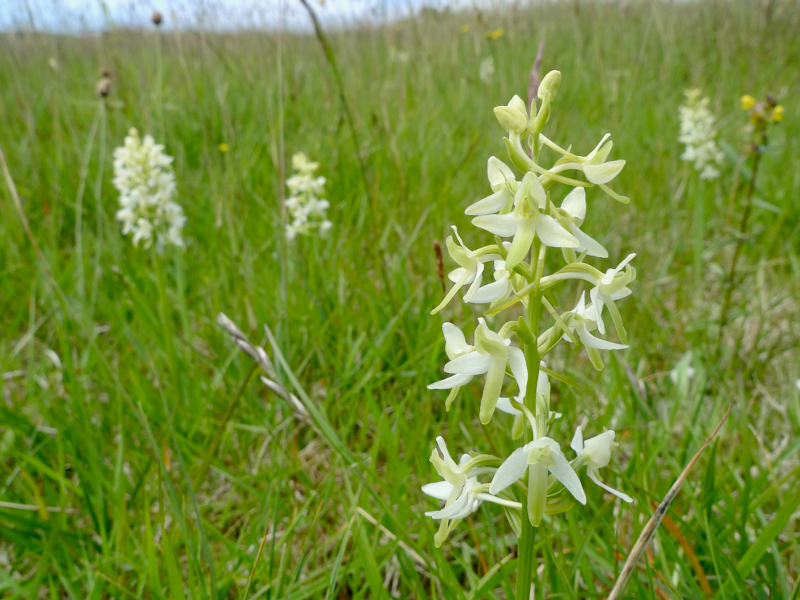
ORCHIDS ON FARM WILDER FARMS
Farm Wilder farms are unusual in that most of them still have orchids, and on some they are incredibly abundant. Russell Retallick’s fields on the edge of Dartmoor are awash with thousands of Heath Spotted Orchids in June, and one of Jenny Morris’ hay meadows is home to a growing colony of Southern Marsh Orchids. There are probably more that we don’t know about yet. One I’m particularly keen to find is the diminutive Bog Orchid, recorded from a few wet flushes high on Dartmoor. Since it’s green and less than 10 cms tall it’s easily overlooked: finding them in the vastness of Dartmoor is a proper needle in a haystack job.
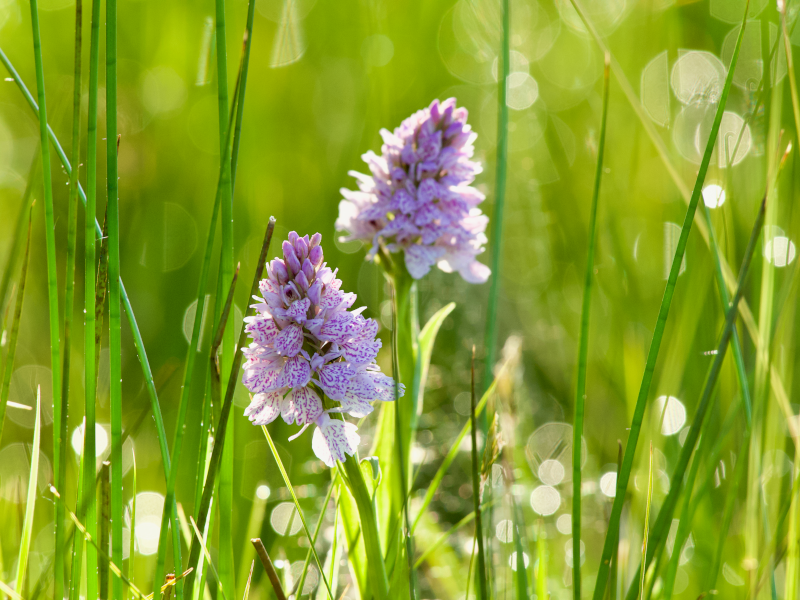
KEW GARDENS TO THE RESCUE
In the last few years, wildlife conservation in Britain has moved on from just looking after what we have left, to trying to restore some of what we’ve lost. That’s vital because of just how nature depleted our landscape has become, largely due to the ravages of intensive farming, which has sought to produce as much food as cheaply as possible. The movement to restore and re-wild is an exciting and hope-restoring development, and there are plenty of examples of successful reintroductions of animals, from red kites and white-tailed sea eagles, to large blue butterflies to beavers. But what about flowers? Can you breed and plant out new orchids in the same way you can breed and release beavers? One incredible story shows that in fact you can.
By the 1930s the Lady’s-slipper had decimated by Victorian collectors and habitat loss, so much so that just one single plant remained, in Yorkshire. In 1992 Kew Gardens started a project to propagate it from this individual orchid’s seeds, and its offspring have now been reintroduced to 11 sites in the north of England. Orchid reintroductions like this can be done - although it’s expensive, and far from quick - a Lady’s-slipper might take 11 years from germinating to flowering. But, once established, they can live for decades, or even centuries: plants in Poland have been estimated to be over 300 years old!
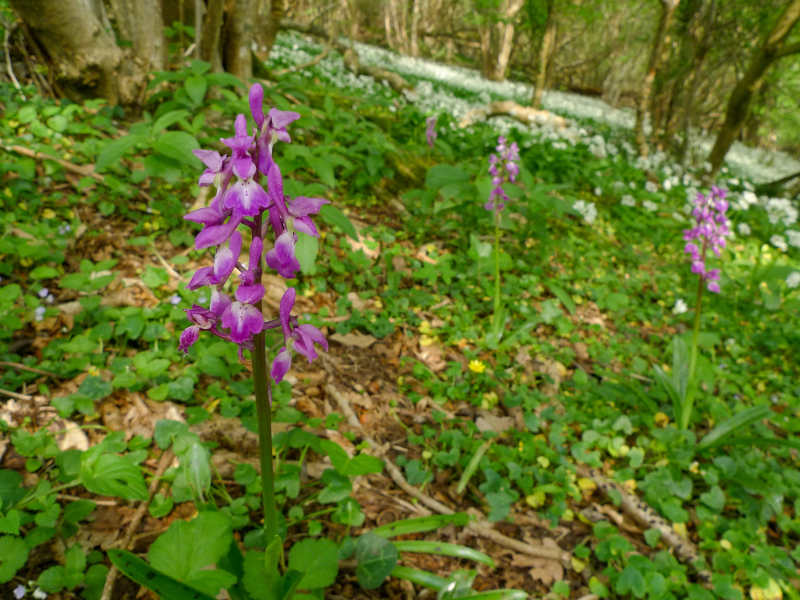
RESTORING FARMLAND ORCHIDS
Fortunately, not all orchids require that kind of effort to recover. Because their seeds are so tiny, orchid seeds can be blown hundreds of miles to colonise new sites. One species - Irish Ladies-tresses - is believed to have colonised the British Isles from North America, travelling 4000kms across the Atlantic. The problem for orchid seeds is landing in the right place. A few species, including Bee Orchids, can germinate easily on disturbed ground, and as a result they often appear on the margins of arable fields, roadside verges, even in gardens. But most are rather fussier because they need a particular type of soil fungus that is only found in a specific natural habitat, like unimproved meadows. It’s going to be tough to get orchids back on land that’s been ploughed and heavily degraded by intensive arable or livestock farming, but on fields that have suffered from being too heavily grazed or limited use of artificial fertilizer or herbicides, orchids should eventually recolonise, if the land is managed more sympathetically. It’s also possible to speed up their return. One Dartmoor farmer we’ve worked with, spread hay from a nearby orchid-rich meadow onto old hay meadows that they wanted to restore, and after a few years, Lesser Butterfly-orchids started to flower.
FROM SEX SYMBOLS TO BEACONS OF HOPE
For me as a naturalist, orchids are the most interesting and charismatic of all our flowering plants; for our farmers they are proof of land being brilliantly managed for wildlife - the ultimate symbol of high biodiversity farming. It’s going to take decades of careful land management to take many of them off the endangered species list, but it’s what we should be doing. I just hope that one day they will once again be so common that everyone has the chance to marvel at their strange and intoxicating beauty.

Why buy Farm Wilder produce?
Creating a way for you to purchase our extraordinary meat is a small but vital step forwards - it means you can directly support farmers that are working to deliver the change we need. That’s why we’ve partnered with Andy Gray, of Elston Farm and MC Kelly butchers, allowing us to use his master butchers and online sales platform to deliver our meat right to your door.



